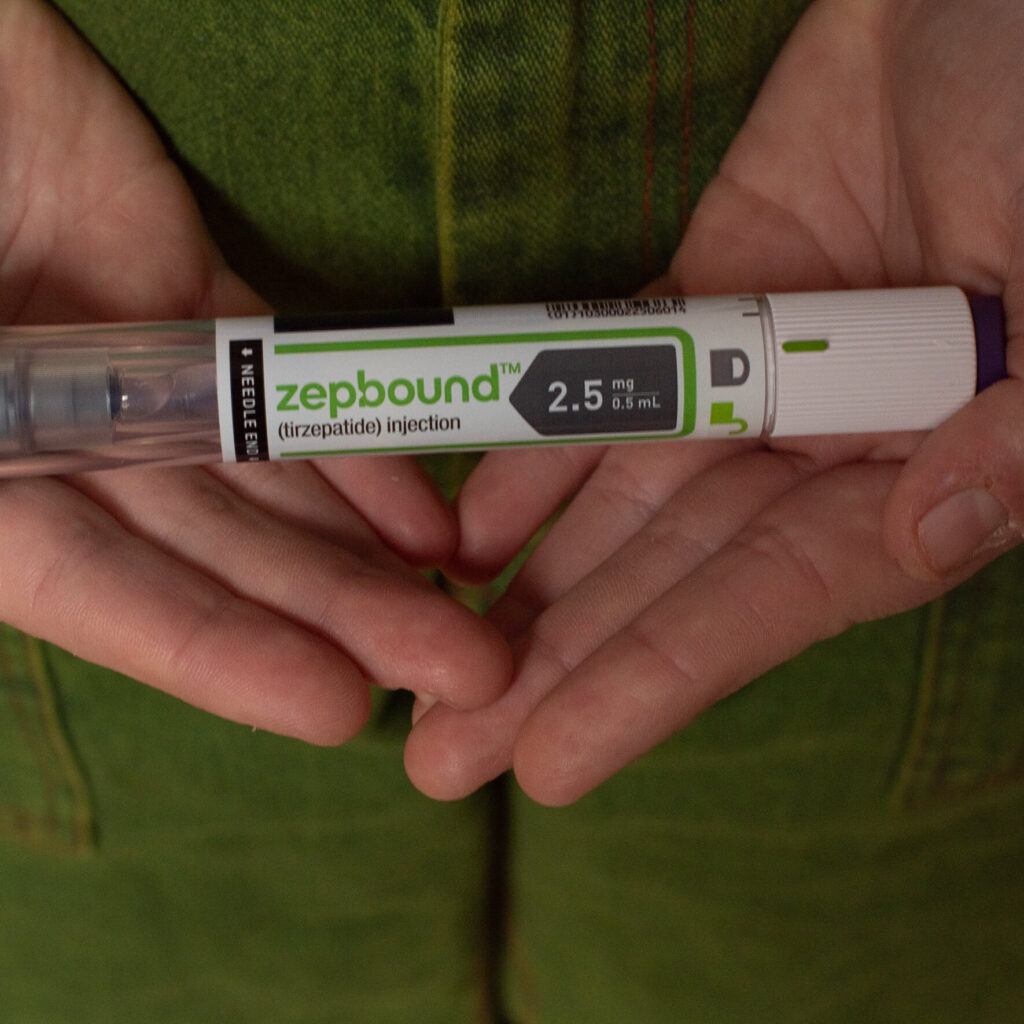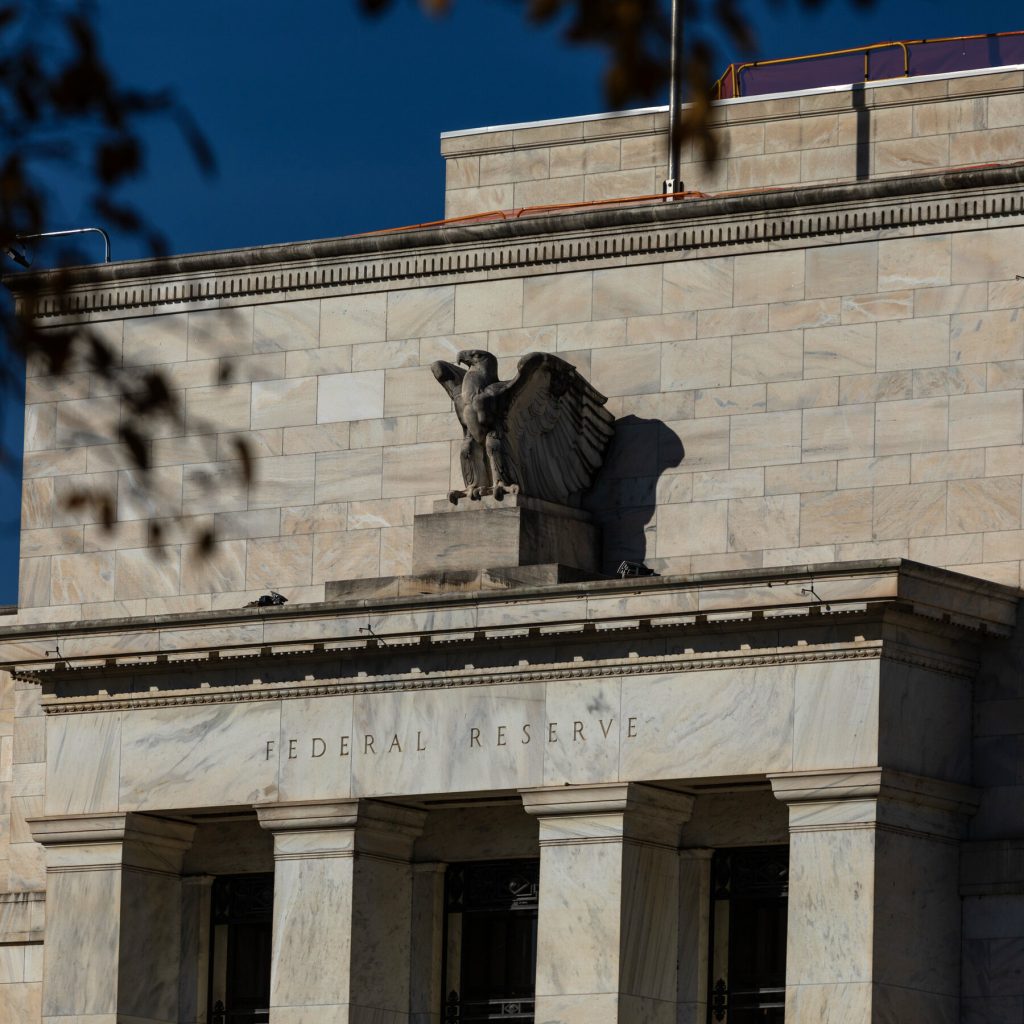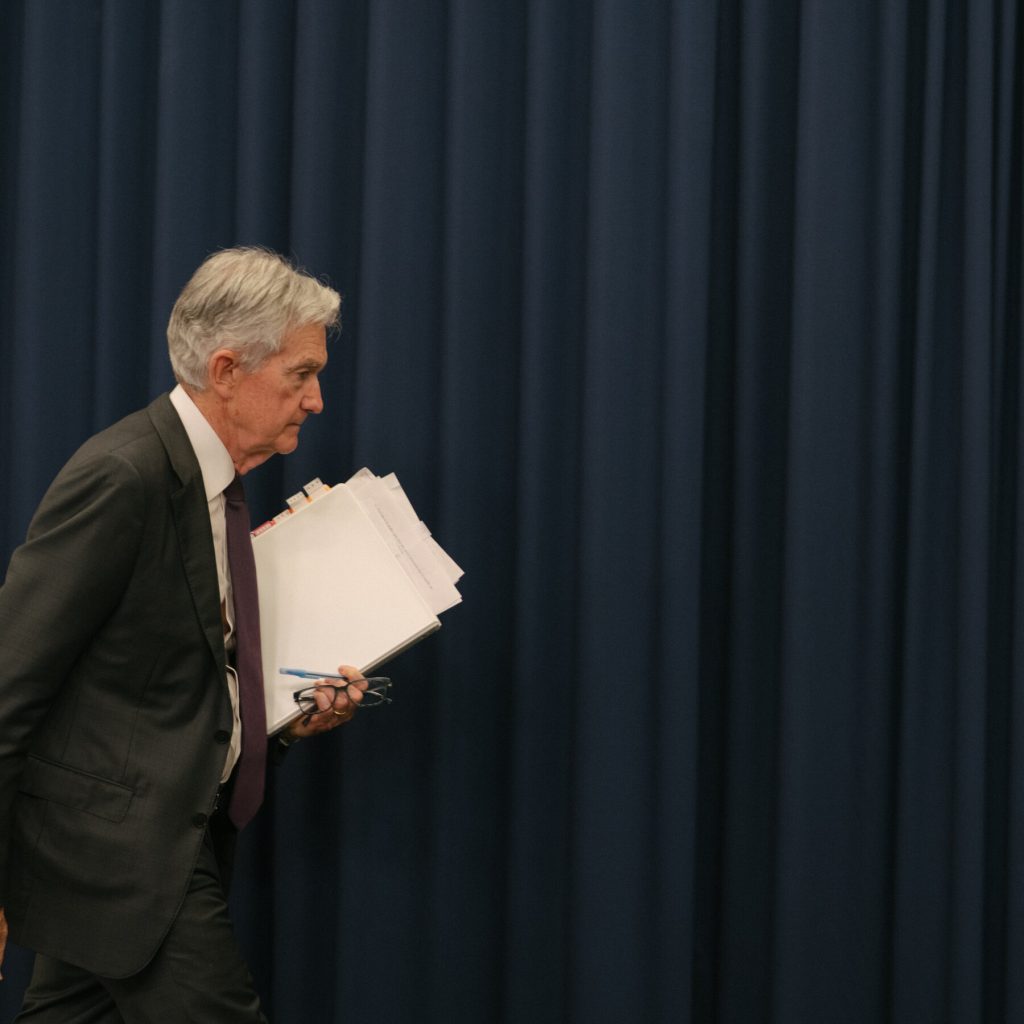What Trump’s New Drug‑Pricing Deal Means for People With Obesity

President Donald Trump’s latest agreement with pharmaceutical giants Eli Lilly and Novo Nordisk could dramatically reshape the cost landscape for obesity treatments in the United States. The deal, announced from the Oval Office, sets a sliding scale of prices that varies by dosage, specific product, and the way a patient pays—whether through Medicare, Medicaid, private insurance, or out‑of‑pocket on the new government‑run portal TrumpRx.gov.
Under the terms of the pact, the two companies have pledged to lower the list prices of their blockbuster GLP‑1 drugs—such as Wegovy, Ozempic, Mounjaro and the upcoming Zepbound pill—to levels that are more in line with prices in other developed nations. For Medicare beneficiaries, the monthly price will be capped at $245, and patients will face a modest $50 co‑pay regardless of whether the medication is used for diabetes, weight loss, or related cardiovascular conditions.
Medicaid programs that opt into the agreement will receive the same discounted rates, while cash‑pay patients who purchase directly through TrumpRx.gov can expect prices ranging from $149 to $350 per month, depending on the dose and formulation. The portal, slated to launch in early 2026, will also offer reduced‑price options for other Eli Lilly and Novo Nordisk products, such as migraine treatment Emgality.
The pricing tiers are designed to address three patient groups identified by the administration:
1. Overweight adults (BMI > 27) with pre‑diabetes or heart disease – eligible for the lower co‑pay structure.
2. People with obesity (BMI > 30) who also have uncontrolled hypertension, kidney disease, or heart failure – covered at the same Medicare rate.
3. Severely obese individuals (BMI > 35) – granted full access to the drugs under Medicare with the $50 monthly co‑pay.
By tying U.S. prices to “most‑favoured‑nation” benchmarks, the administration hopes to curb the astronomical out‑of‑pocket costs that have historically exceeded $1,000 per month for many patients without insurance. The deal also includes a commitment from the manufacturers to launch any new obesity‑related drugs in the United States at prices comparable to those offered abroad.
Health officials, including Secretary of Health Robert F. Kennedy Jr., hailed the agreement as a “lifesaver” for millions of Americans struggling with obesity—a condition identified as the leading driver of chronic disease in the country. While the administration stresses that medication is only one piece of the puzzle, the reduced financial barrier is expected to increase uptake of clinically proven treatments, potentially easing the burden of obesity‑related complications such as type 2 diabetes, cardiovascular disease, and kidney failure.
If fully implemented, the deal could affect roughly 10 % of Medicare enrollees and a comparable share of Medicaid recipients, translating to millions of new patients gaining affordable access to life‑changing therapy. Critics note that the long‑term sustainability of the pricing model will depend on continued negotiations and the willingness of other insurers to adopt similar rates, but for now the agreement marks a significant step toward making obesity medication more accessible to the American public.




